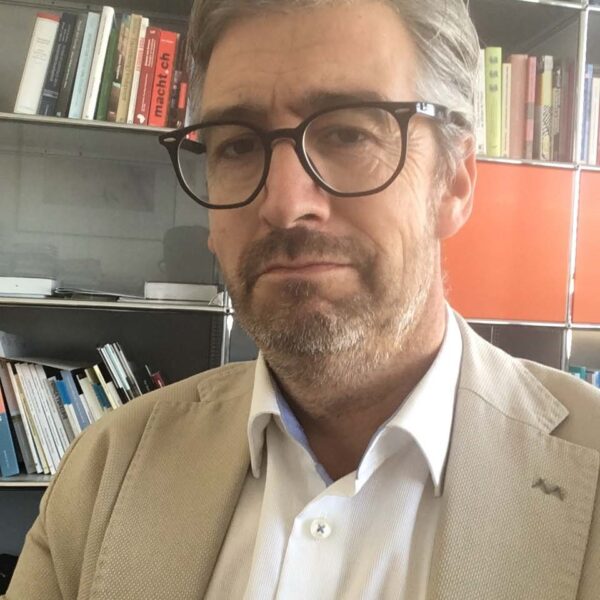Biography
Tobias Haller, is the Extraordinary Professor in Social Anthropology at the Institute of Social Anthropology, University of Bern, Switzerland and lecturer at the ETH Zurich. He studied at the University of Zurich social anthropology, geography and sociology and made his PhD and his habilitation at the University of Zurich. After being project leader in the NCCR North-South, he was appointed as Director of the Swiss Network for International Studies in Geneva in 2008. 2009 he became Associate Professor at the Institute of Social Anthropology in Bern until 2014 when he received an extraordinary professorship at the same institute.
He did fieldwork in Cameroon and Zambia and has specialized in economic and ecological anthropology (common pool resource management, New Institutionalism and local perception of environment, peasants and agro-pastoralist, fishermen, oil exploitation, protected areas, and community-based natural resource management). He teaches courses on economic, political, and ecological anthropology on topics such as sustainable use of natural resources, environmental perception, conservation and protected areas, land tenure issues, and anthropology of mining. He has published People, Protected Areas and Global Change (NCCR Bern, 2008) and Fossil Resources, Oil Companies and Indigenous Peoples (Lit) as well as in Journals such as Human Ecology, Environment and Development, Development Southern Africa, Food Policy, Human Organisation, Journal of International Development.
The main focus of his work is on sustainable local resource management, with special reference to so-called collective goods (commons), but also relating to nature conservation areas and major investment in agricultural regions (so-called “land grabbing”). He also studies the activities of oil and mining corporations and the associated environmental and human rights problems. In terms of theory, he espouses the theory of New Institutionalism in social anthropology, combined with theories drawn from political ecology. He is interested in how stakeholders with different levels of negotiating power establish ideological legitimation and select, transform or produce their regulatory frameworks (“legal institution shopping”). Tobias Haller has led various comparative research projects on institutional change in floodplain areas in Africa (Disputing the Floodplains, 2010), participative resource management in protected areas (People, Protected Areas and Global Change, 2008), and the implications of the oil and mining industry (Fossil Fuels, Oil Companies and Indigenous Peoples, 2007; The Open Cut, 2015). He is currently studying gender relations in regions of major agricultural investment, and participative processes of institution genesis in the context of sustainable use (“constitutionality”).




